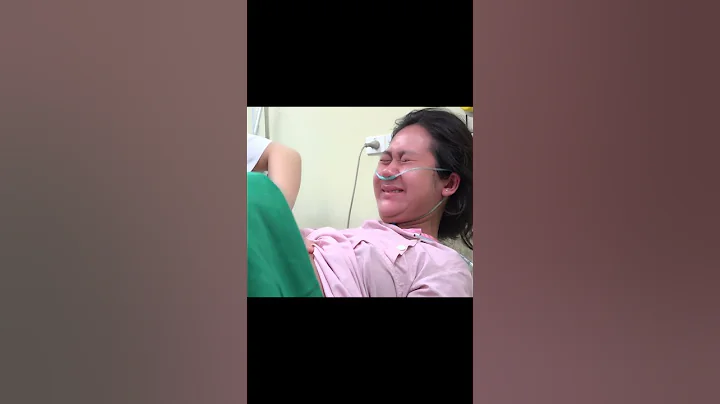Henan Provincial Children's Hospital Cui Yan Liu Tingting
Half a month ago, 5-year-old Tiaotiao suddenly had a fever of 39.8℃, and then a lot of red rash appeared on her back, and she was diagnosed as chickenpox. After hospitalization, Tiao Tiao's chickenpox finally recovered, but just when he was about to be discharged from the hospital, Tiao Tiao suddenly became unsteady when walking, and gradually developed high fever, severe headache, vomiting, impaired mobility of both lower limbs, and urination disorder.
The doctor determined that Tiaotiao had encephalomyelitis. Tiaotiao's mother is covered with chickenpox. Why is it so serious all of a sudden?

Why is chickenpox so serious?
Wang Yuan, director of the Department of Neurology at the Zhengdong Campus of Henan Children's Hospital, explained to parents that acute disseminated encephalomyelitis with combined is very dangerous. If not treated in time, sequelae may occur in the later stage, and severe cases may even be life-threatening. .
Fortunately, Tiao Tiao's condition improved significantly because she was discovered in time.
Why is chickenpox so serious? Chickenpox is a highly contagious disease caused by human infection with chickenpox--shingles virus. After contracting chickenpox, symptoms such as low-grade fever, chills, and fatigue will first appear. After a day or two, a rash will appear. These rashes start out as red macules, turn into papules after a few hours, and finally turn into herpes, often accompanied by itching in the process. After 1 to 2 days, the herpes will begin to dry up and scab from the center. After 1 week, the scab will begin to fall off, and generally no scars will be left. The rash is distributed centripetally, mainly on the chest, abdomen, back, and rarely on the limbs.
Chickenpox patients are the only source of infection and are mainly transmitted through respiratory droplets (such as coughing and sneezing). They can also be transmitted through direct contact with chickenpox patients or surfaces contaminated with chickenpox virus.
Chickenpox can occur throughout the year, and the incubation period of infection is 10 to 21 days, with an average of 14 days. Chickenpox patients are contagious from 1 to 2 days before the onset of the disease until the rash has completely scabbed. Children and adults who have never had chickenpox or have not been vaccinated with chickenpox vaccine are susceptible groups, and the disease mainly occurs in infants and preschool and school-age children.
Chickenpox is a self-limiting disease, and most have a good prognosis
If you get chickenpox, you may not get encephalitis. In most cases, chickenpox is a self-limiting disease with a good prognosis, and most scabs fall off without leaving scars. Severe cases mostly occur in people with low immune function, and can manifest as hemorrhagic chickenpox, bad chickenpox, and can be combined with encephalitis and pneumonia. In severe cases, death can occur due to bleeding or sepsis.
Acute disseminated encephalomyelitis is a group of diseases that widely involve the brain and spinal cord. It usually occurs after viral infection, especially contagious and rash diseases, such as chickenpox, measles, rubella, mumps. and influenza , etc., the prognosis is good, most children can fully recover, only a few children have residual sequelae such as movement disorders, paresthesias, visual impairment, cognitive function decline, and epileptic seizures.
Acute disseminated encephalomyelitis usually develops acutely 2 days to 4 weeks after viral infection. During this period, you must be vigilant if disturbance of consciousness, headache, vomiting, epileptic seizures, movement disorders, etc. occur during this period.
Vaccination against chickenpox is the most scientific, economical and effective way to prevent chickenpox. During the epidemic of respiratory infectious diseases, reduce unnecessary outings and avoid going to crowded places. Pay attention to personal hygiene, wash hands frequently, and develop good hygiene habits. Keep the surrounding environment clean, clean toys and rooms regularly, and open windows regularly to ensure air circulation. Exercise in moderation to enhance resistance.





















